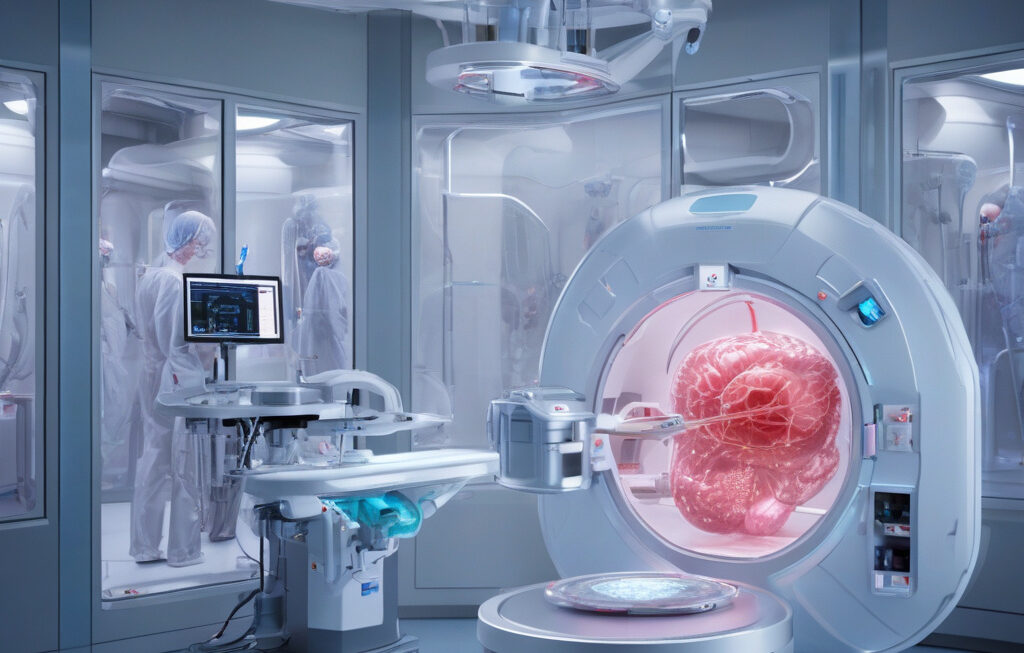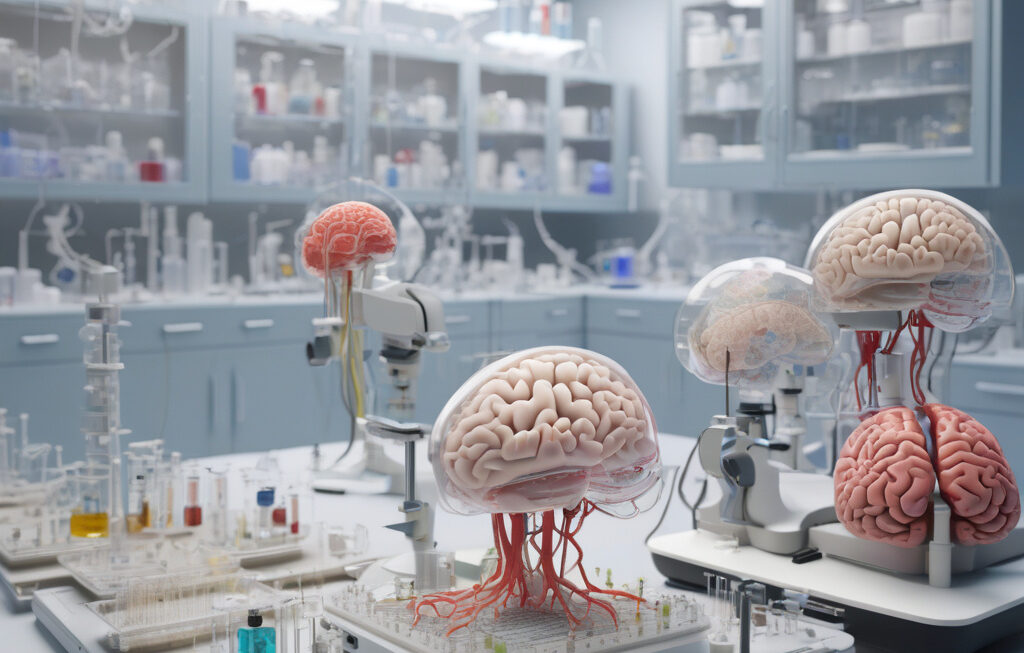AI Tool Aims to Improve Early Lung Cancer Detection
In the realm of healthcare, early detection of diseases can be a game-changer, especially when it comes to something as serious as lung cancer. Thanks to the remarkable advancements in artificial intelligence (AI), a new tool has emerged with the potential to revolutionize the way we detect lung cancer in its early stages.
The AI algorithm in question has been meticulously developed using an extensive dataset comprising information from over 500,000 patients. This vast pool of data has enabled researchers to train the algorithm to identify subtle patterns and markers that may indicate the presence of lung cancer long before traditional diagnostic methods would flag them.
One of the most significant advantages of this AI tool is its ability to pinpoint risks associated with lung cancer months in advance. By analyzing various factors and indicators, the algorithm can provide healthcare professionals with valuable insights that may lead to the early detection of the disease. This early detection, in turn, can significantly improve patient outcomes and increase the chances of successful treatment.
Moreover, the AI tool shows promise in reducing the number of late-stage lung cancer diagnoses. Late-stage diagnoses often come with limited treatment options and lower survival rates. By catching the disease in its early stages, patients can undergo less invasive treatments with higher efficacy, ultimately improving their quality of life and prognosis.
The implications of this AI tool extend far beyond individual patient outcomes. With early detection leading to better treatment results, the burden on healthcare systems can be alleviated. By reducing the need for extensive and prolonged treatments for late-stage cancer cases, resources can be reallocated to other areas of healthcare, benefiting a larger population.
Furthermore, the development of this AI tool underscores the potential of technology to enhance and complement the skills of healthcare providers. While AI is not intended to replace medical professionals, it can serve as a powerful tool in their diagnostic arsenal. By leveraging the analytical capabilities of AI, healthcare teams can work more efficiently, make more informed decisions, and ultimately deliver better care to their patients.
As with any innovative technology, the implementation of this AI tool for early lung cancer detection will require thorough testing, validation, and regulatory approval. Ensuring the accuracy, reliability, and safety of the algorithm are paramount before it can be widely adopted in clinical settings. Additionally, healthcare professionals will need proper training to effectively integrate this tool into their practice and interpret its findings correctly.
In conclusion, the development of an AI tool aimed at improving early lung cancer detection represents a significant step forward in the fight against this deadly disease. By harnessing the power of data and artificial intelligence, researchers have unlocked the potential to detect lung cancer at its earliest, most treatable stages. As this technology continues to evolve and prove its efficacy, we may see a shift in the way we approach cancer diagnosis and treatment, offering hope to patients and healthcare providers alike.
early detection, lung cancer, AI tool, healthcare, artificial intelligence












